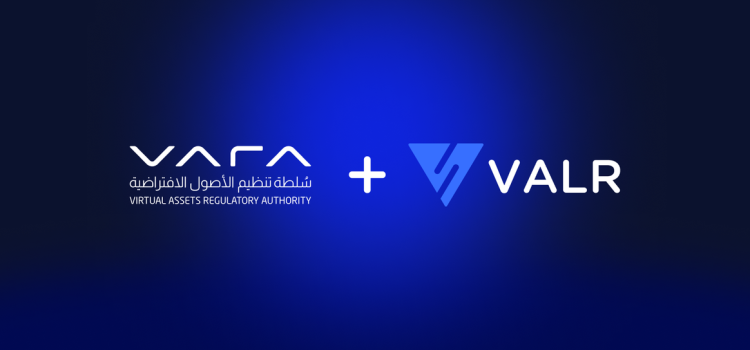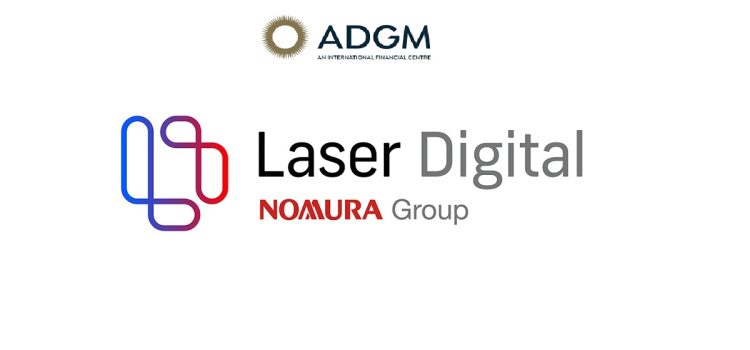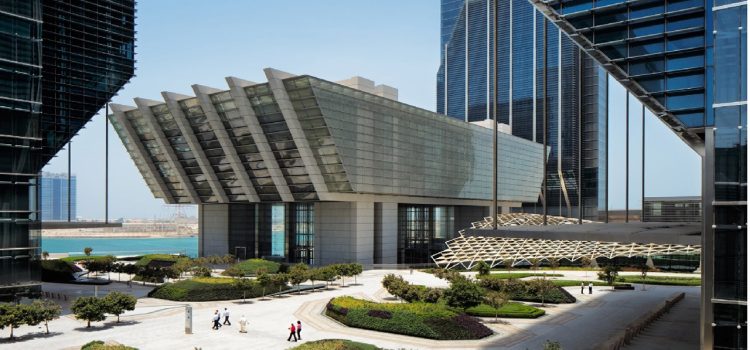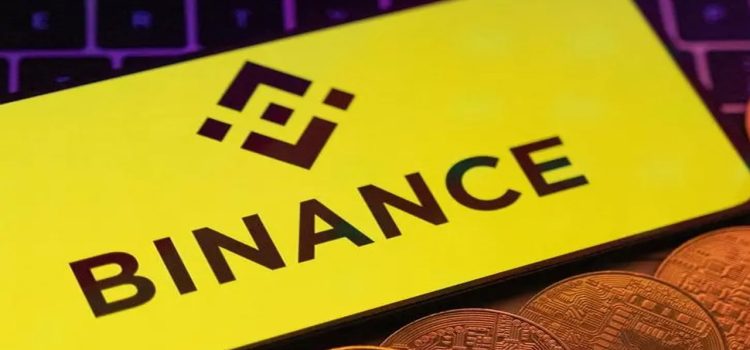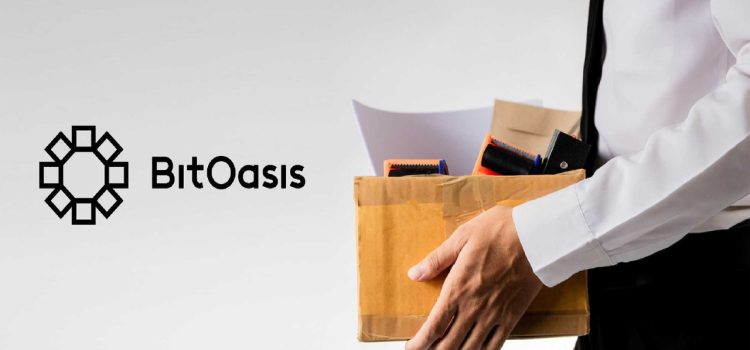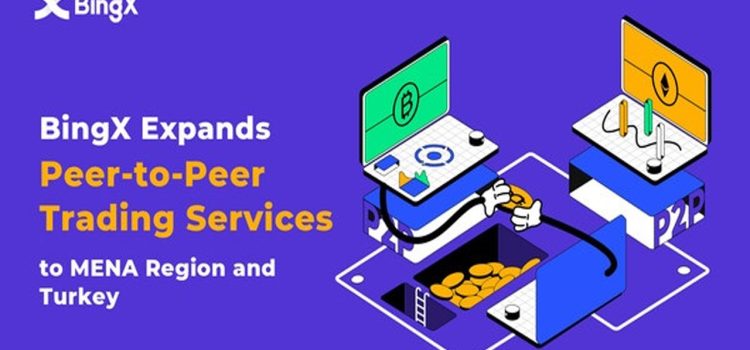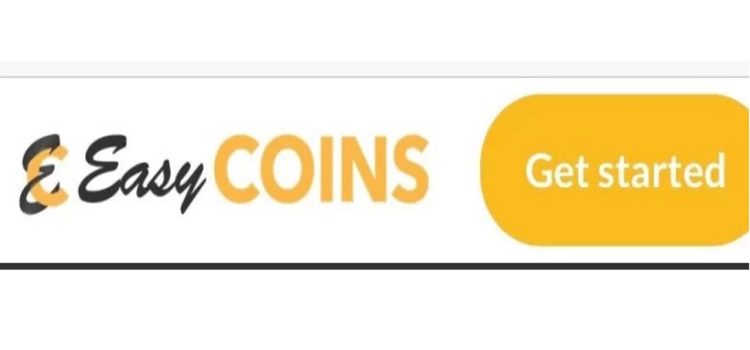
In a blog announcement published by VALR, a South African based crypto exchange, they state that their subsidiary VALR FZE has won an initial approval from Dubai’s Virtual Asset Regulatory Authority (VARA), marking a pivotal moment in our journey towards global expansion.
As per the blog post, “The initial approval granted to VALR FZE does not allow it to undertake any virtual asset services yet, but is a critical step as it seeks to establish a virtual asset exchange in Dubai and affirms VALR’s position as a reputable player in the virtual asset industry, committed to upholding the highest standards of operational integrity, compliance and security. “
Co-founder and CEO, Farzam Ehsani, stated, “For the past 5 years, VALR has been working closely with regulators to inform regulatory frameworks that protect the public while allowing responsible innovation to flourish. This initial approval from VARA is a significant milestone for VALR to bring our products and services to a more global audience under the auspices of a world-leading regulator.”
Blake Player, Head of Growth at VALR highlighted the strategic importance of Dubai and the Middle East, adding, “We see Asia, the Middle East, and the UAE as attractive markets with significant crypto flows. Dubai is quickly gaining recognition as a forward-thinking and pragmatic jurisdiction for crypto businesses. Setting up in Dubai provides an excellent opportunity to serve the regional market and a global customer base from a crypto and business-friendly jurisdiction.”
VALR is not the first crypto exchange seeking a license in the UAE nor will it be the last. Many international crypto exchanges including Binance, crypto.com, Bybit, and CoinBase have all expressed their interest in the UAE.








